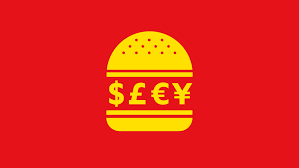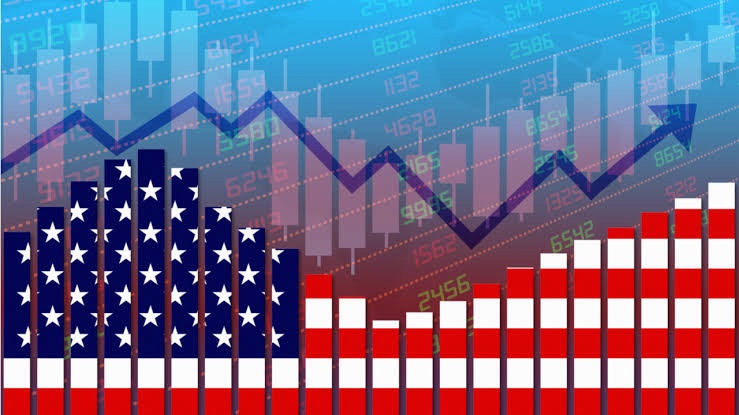The ties that bind the global economy together and deliver goods all over the world are unravelling at a frightening pace.
Russia’s invasion of Ukraine and China’s COVID Zero lockdowns are immensely disrupting supply chains, influencing growth, and propelling inflation to a great level. As a result of this, the global trade has fallen by around 20% compared to a scenario without the decoupling—falling back to its levels at the end of the 1990s, before China joined the World Trade Organisation. That’s a huge and impactful shift.
An accelerated reversal of globalisation in the longer term has been pointed out by Bloomberg Economics. It depicts a significantly poorer and less productive planet, where inflation would likely be more elevated and extremely volatile.
Investors are affected terribly due to massive surprises leading to unstable and inflated bond markets. Commodities, where scarcity pushes prices higher, have been among the big winners, along with the companies that produce them. Shares in defence firms have outdone themselves too, as global pressures skyrocket.
.
Fragmentation is going to stay.
The so-called “reorganised globalisation” will come at a cost: we won’t be able to use low-cost production as extensively as firms did. The last four years have brought an escalating series of disruptions. Tariffs multiplied during the US-China trade war. The pandemic brought lockdowns. And now, sanctions and export controls are upending the supply of commodities and goods.
The world economy will pay a “hefty price” for the war in Ukraine, leading to weaker growth, higher inflation, and potentially long-lasting damage to supply chains, the OECD said.
The threat to US and European economies isn’t limited to the repercussions of Chinese lockdowns or blowback from their own actions against Russia. They could also be revealed through direct retaliation.
With the trade war tariffs still in place, the COVID crisis adding pressure to localised supply chains, and Russia locked out of US and European markets, it doesn’t seem so far-fetched.
The intensity of the current shocks from war and plague is likely to fade gradually, but until then, the underlying forces driving the economy towards deglobalization will brace the economy for limited growth as well as higher prices and increased volatility.
-Kaavya Shah






Leave a comment